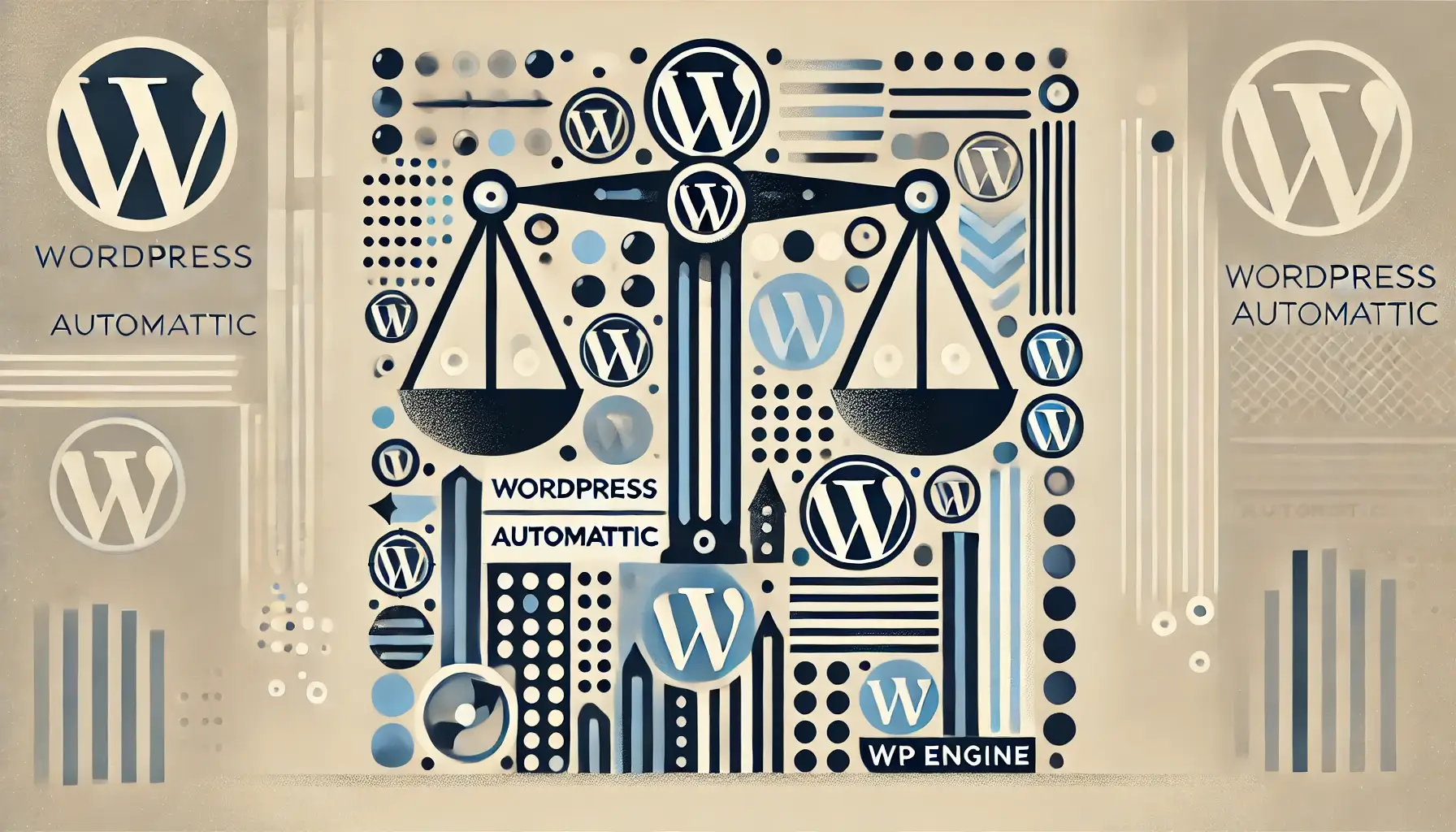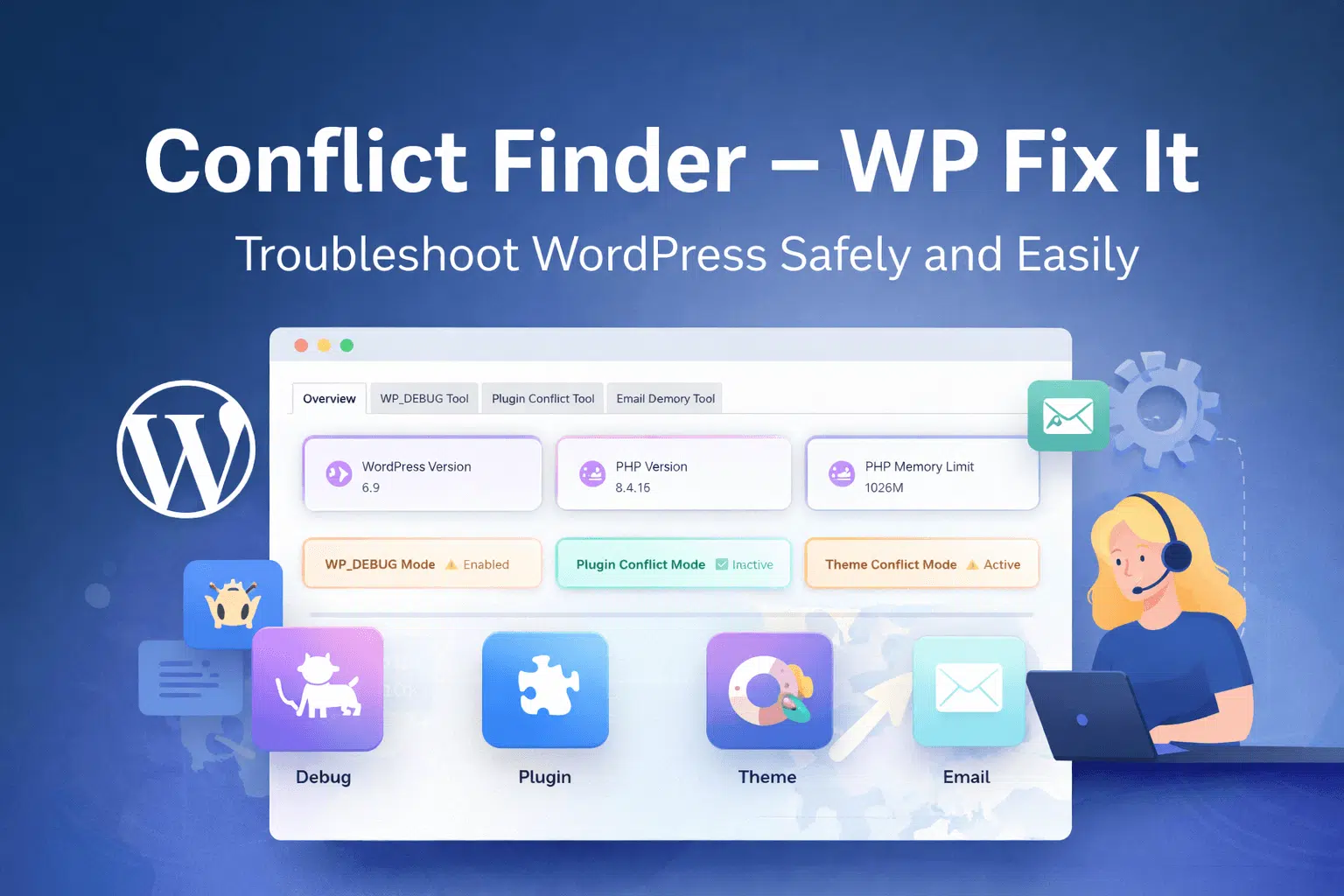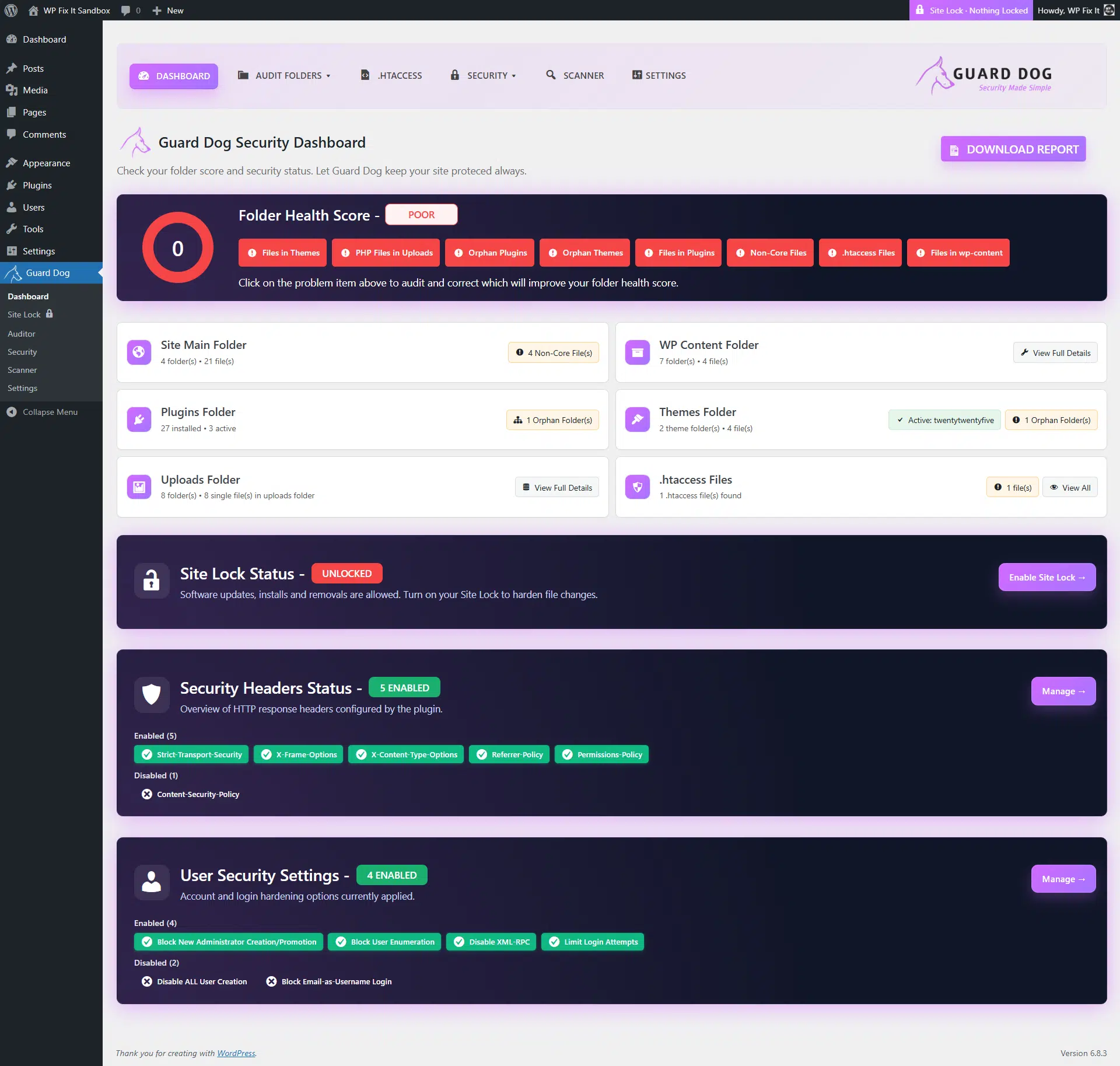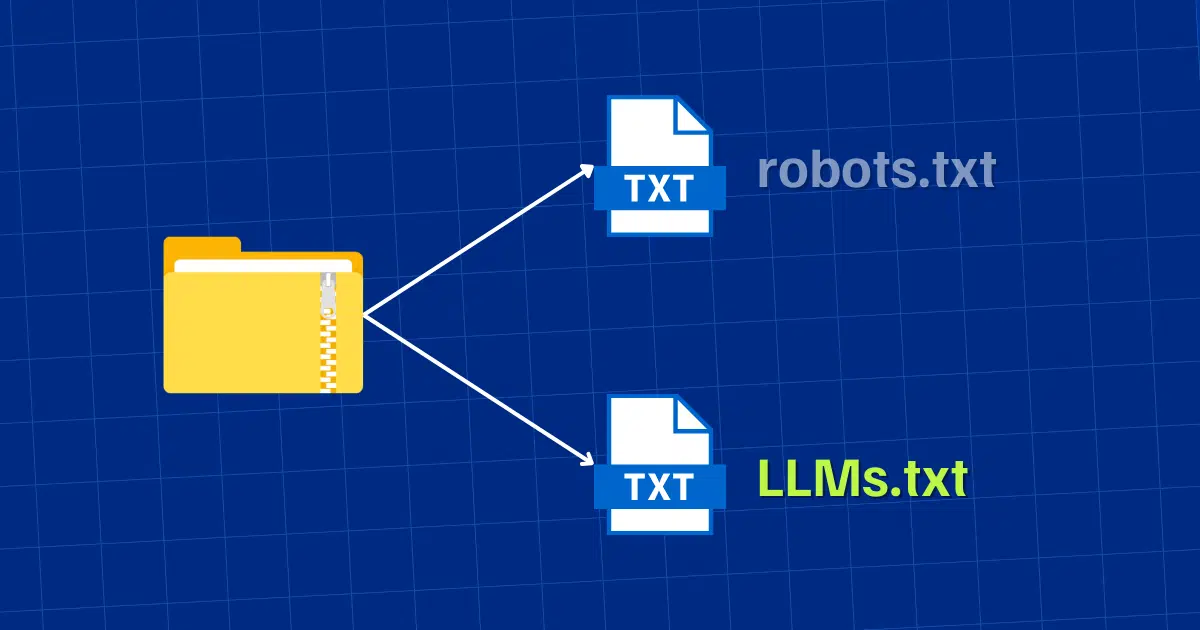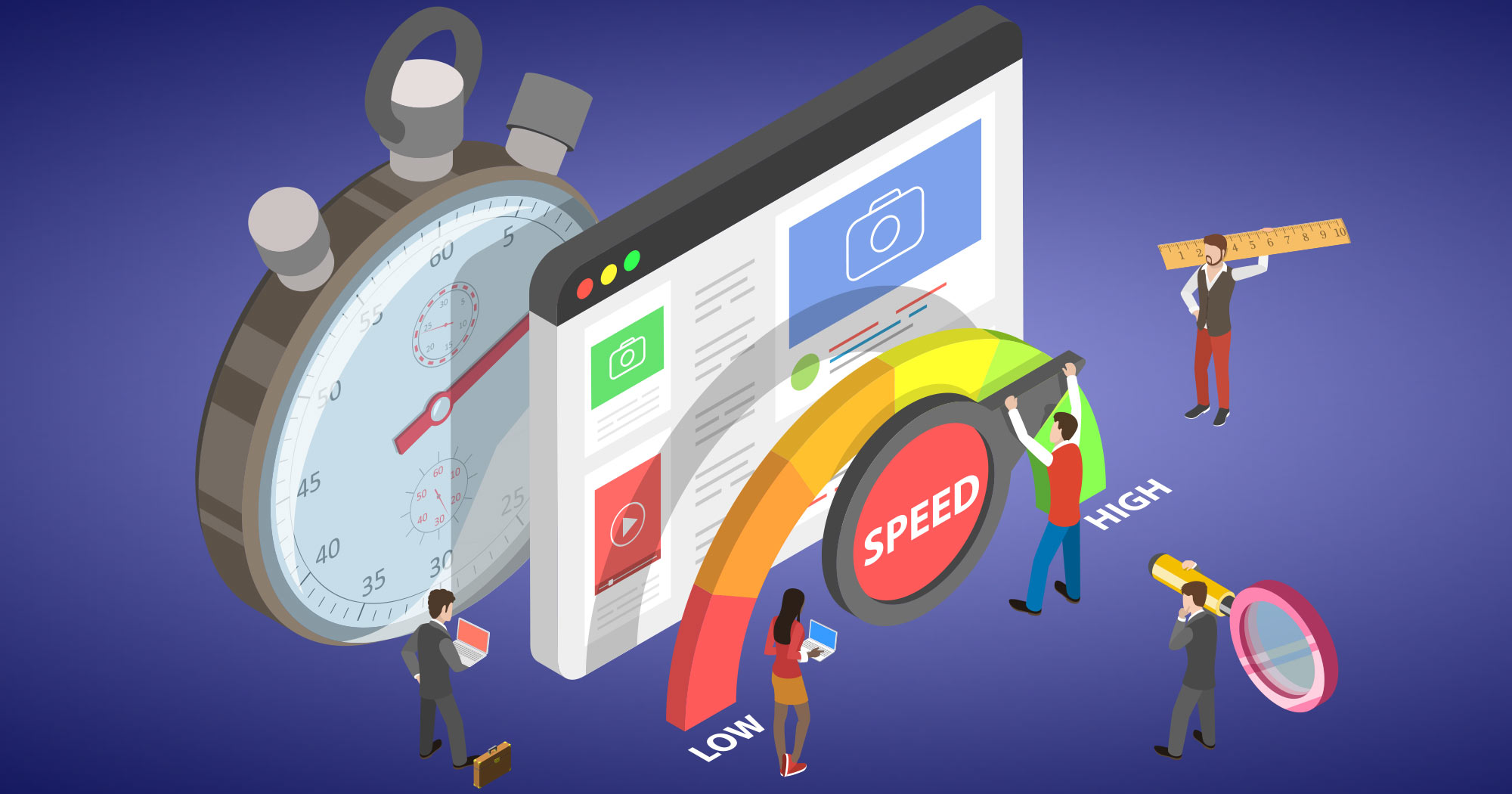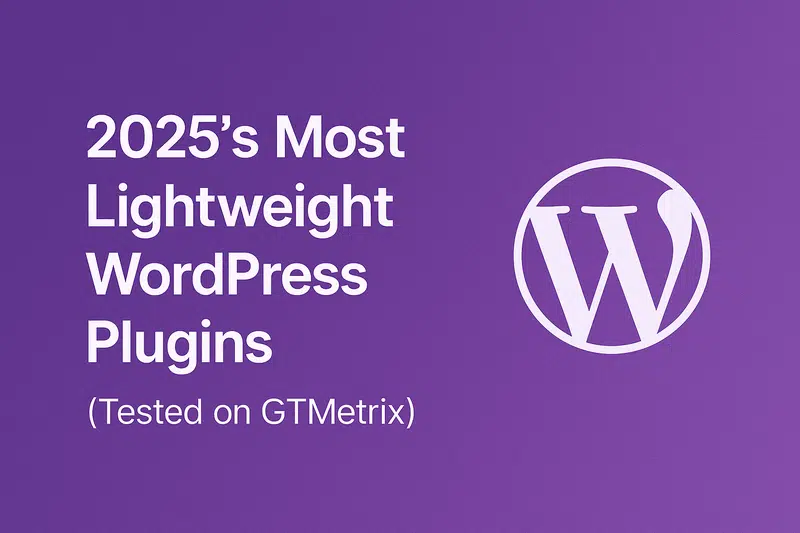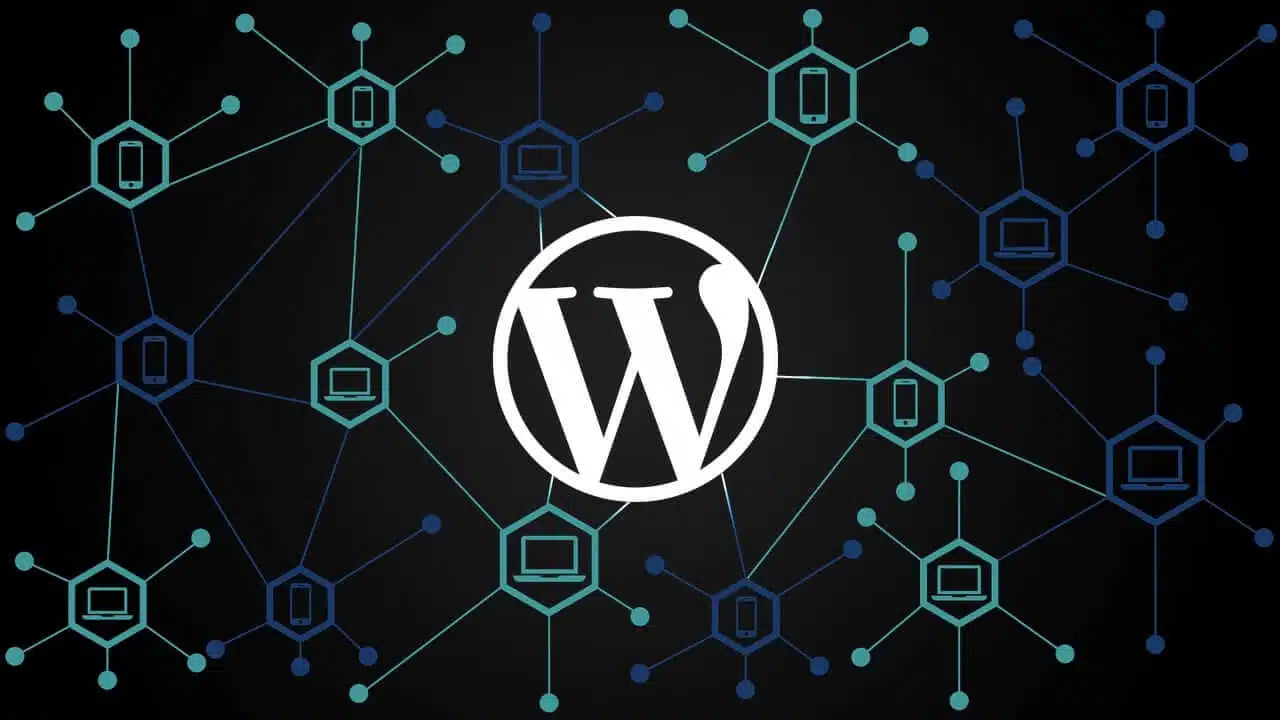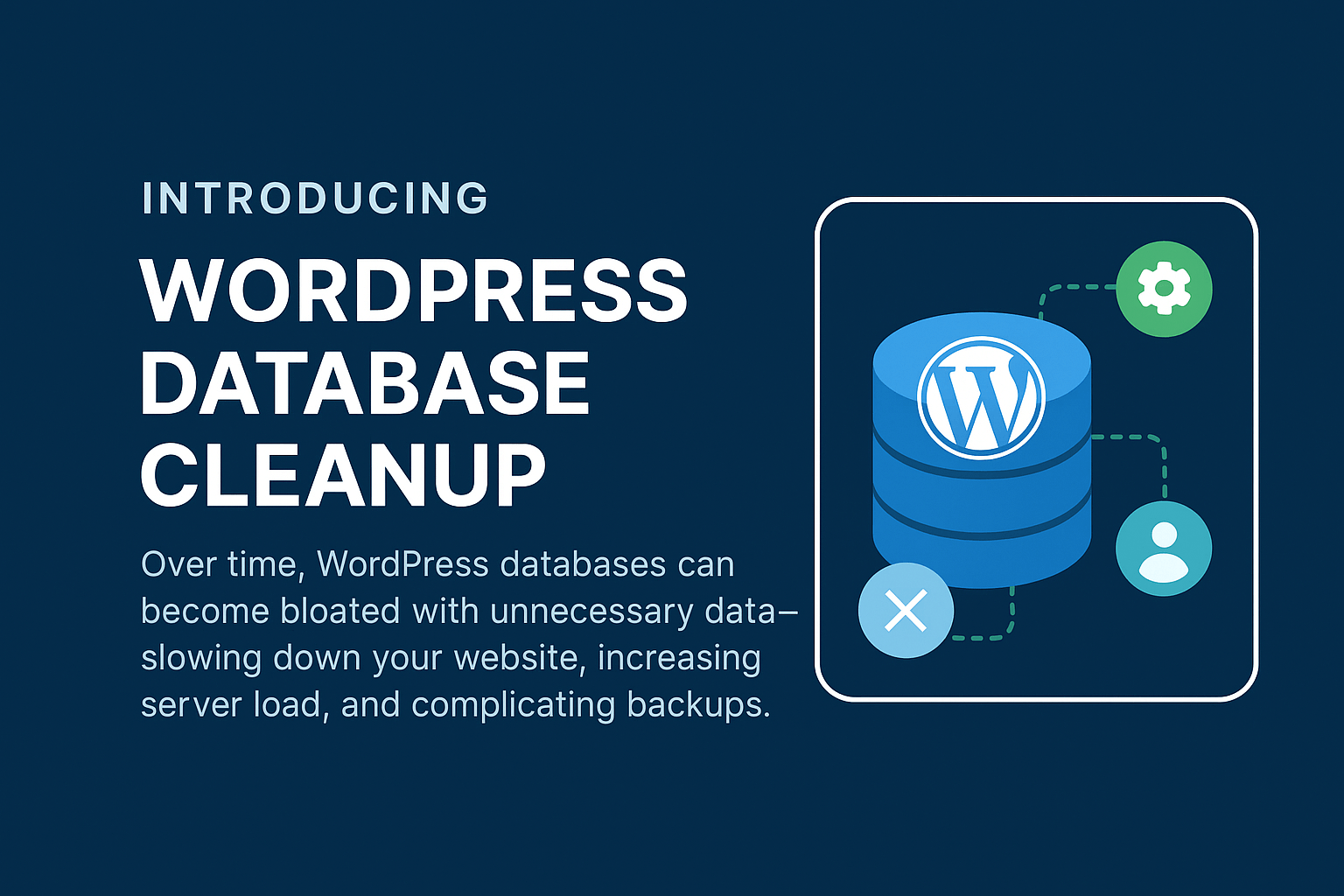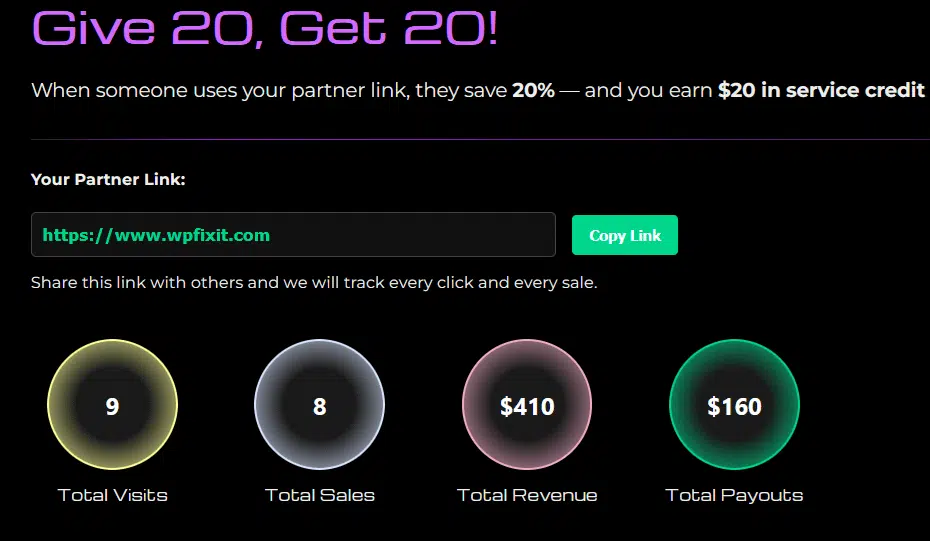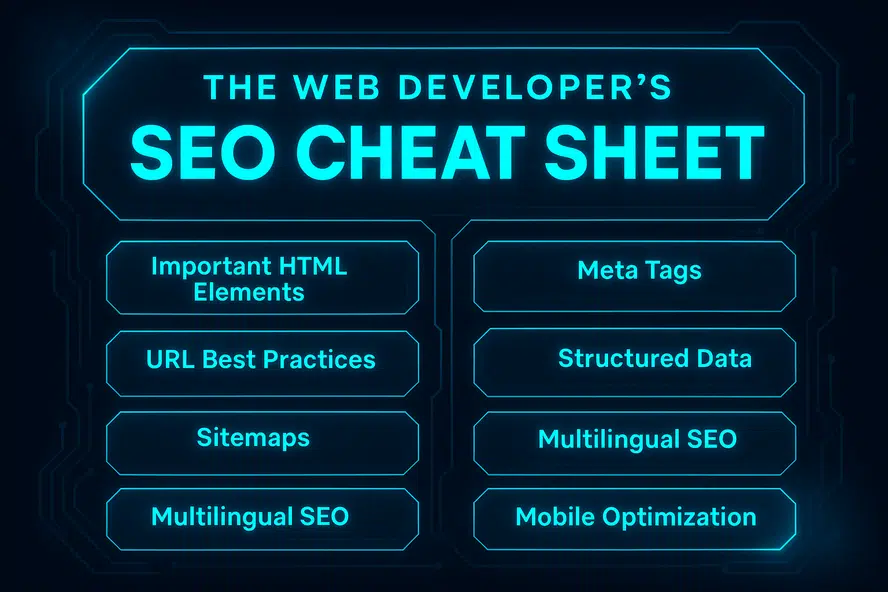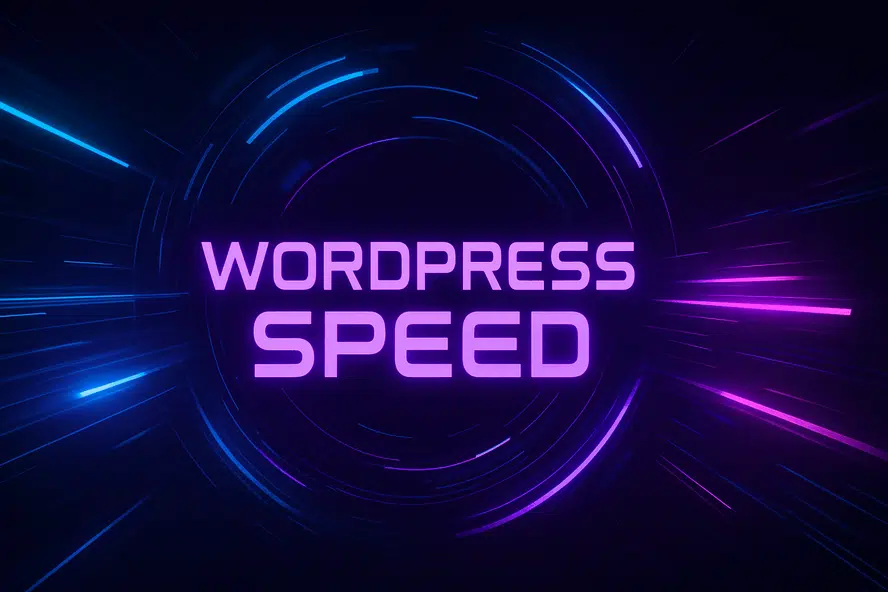WordPress has long been the cornerstone of content management systems (CMS), powering over 40% of the web. Its success is attributed to its flexibility, ease of use, and the thriving ecosystem of plugins, themes, and developers. At the heart of this ecosystem lies Automattic, the parent company of WordPress.com and a major player in the development of the open-source WordPress.org project. WP Engine, on the other hand, is a leading managed WordPress hosting provider.
While both organizations share the WordPress brand, recent developments highlight an ongoing struggle between them—and these tensions have implications for the broader WordPress community.
In this blog post, we’ll delve into the roots of the issue, analyze the specific points of contention, explore the current court case between these entities, and examine what this means for developers, businesses, and end-users relying on WordPress.
A Brief History: WordPress, Automattic, and WP Engine
WordPress was born in 2003 as an open-source project co-founded by Matt Mullenweg and Mike Little. Since then, it has evolved into a powerful CMS with two key components:
- WordPress.org: The open-source software available for anyone to download and host on their own servers.
- WordPress.com: A hosted service run by Automattic, offering a more streamlined experience with hosting, updates, and support included.
Automattic, founded by Mullenweg, is deeply intertwined with WordPress’s development and ecosystem. Over the years, the company has expanded its influence by acquiring major plugins like WooCommerce, Jetpack, and Akismet.
Meanwhile, WP Engine, founded in 2010, focuses solely on managed hosting for WordPress, offering a platform optimized for performance, security, and scalability.
While both Automattic and WP Engine contribute to the WordPress ecosystem, their differing goals and business models have occasionally led to friction.
Points of Contention
1. Branding and Trademark Issues
One of the most visible sources of conflict revolves around the WordPress brand itself. The WordPress Foundation, which is closely associated with Automattic, controls the WordPress trademark. This has led to disputes over how companies like WP Engine can use the WordPress name in their marketing materials.
WP Engine often markets itself as a premier WordPress hosting provider. However, stringent trademark rules enforced by the WordPress Foundation sometimes restrict how third-party companies can reference WordPress in their branding. Critics argue that this gives Automattic an unfair advantage since WordPress.com can freely leverage the name.
2. Plugin and Theme Ecosystem Competition
Automattic’s acquisition strategy has positioned it as a major competitor to other players in the WordPress ecosystem, including WP Engine. For example:
- Automattic owns WooCommerce, the leading e-commerce solution for WordPress, while WP Engine has invested in competing solutions like its e-commerce-optimized hosting platform.
- Automattic’s Jetpack plugin suite includes features like performance optimization and backups that overlap with WP Engine’s offerings.
WP Engine, in turn, has acquired plugin companies such as Flywheel and StudioPress, leading to more direct competition with Automattic’s portfolio. This rivalry has raised concerns about consolidation and whether it stifles innovation in the ecosystem.
3. Open Source vs. Proprietary Tensions
A core principle of WordPress.org is its open-source nature. Automattic’s dual role as both a steward of the open-source project and a commercial entity has been a point of contention. WP Engine and other companies have occasionally criticized Automattic for blurring the lines between WordPress.org and WordPress.com in ways that may confuse users or give Automattic an undue competitive edge.
For example, some developers have expressed concerns about how Automattic integrates features like Jetpack into WordPress.org, creating dependencies that benefit its own services. WP Engine’s commitment to open-source principles has led it to champion alternative solutions, sometimes positioning itself as a counterbalance to Automattic’s influence.
4. Hosting Market Dynamics
WP Engine and Automattic’s WordPress.com compete directly in the managed hosting market. While WP Engine focuses exclusively on WordPress, Automattic’s hosting offerings are part of a broader ecosystem tied to WordPress.com.
WP Engine has carved out a niche by targeting developers, agencies, and enterprises with features like staging environments, performance monitoring, and advanced developer tools. Automattic, by contrast, emphasizes simplicity and accessibility, making WordPress.com appealing to small businesses and casual users.
This competition has led to occasional disputes over pricing, marketing tactics, and customer acquisition strategies. For instance, Automattic’s bundled services (e.g., domain registration, hosting, and plugins) are seen by some as undercutting independent hosting providers like WP Engine.
The Current Court Case
TThe rivalry between Automattic and WP Engine has recently escalated into a legal battle. The ongoing court case centers around allegations of anti-competitive practices, trademark misuse, and unfair market positioning. WP Engine has accused Automattic of leveraging its control over the WordPress trademark to stifle competition and give WordPress.com an unfair advantage in the hosting market.
Automattic, on the other hand, argues that its enforcement of trademark policies is necessary to maintain the integrity of the WordPress brand and prevent misuse. The company also asserts that its business practices align with the open-source principles of WordPress.org and that its actions benefit the broader community.
The court case has attracted widespread attention within the WordPress ecosystem, with developers, businesses, and advocacy groups weighing in on both sides. Some see the case as a necessary check on Automattic’s influence, while others worry that it could lead to further fragmentation and harm the collaborative spirit of the WordPress community.
In October 2024, WP Engine filed a lawsuit against Automattic and Matt Mullenweg, citing libel, slander, attempted extortion, and other grievances. In December 2024, a judge granted WP Engine a preliminary injunction, requiring Automattic to cease actions that blocked WP Engine’s access to WordPress.org resources. Automattic has pushed back on these allegations, labeling them as baseless and reiterating its commitment to trademark enforcement. As of January 2025, the case remains unresolved, with significant implications for the WordPress community.
The Broader Implications
The friction between Automattic and WP Engine extends beyond these two companies. It has ripple effects across the WordPress ecosystem, influencing developers, businesses, and users in several ways:
1. Impact on Developers
The competition has sparked concerns about a potential “walled garden” effect, where larger players dominate the ecosystem and limit opportunities for smaller developers. For example:
- Smaller plugin and theme developers may struggle to compete with the resources of Automattic and WP Engine.
- The acquisition of popular plugins by these companies can lead to changes in pricing or licensing models, affecting developers who rely on these tools.
2. Choices for Businesses
Businesses using WordPress must navigate a complex landscape of competing offerings. The rivalry between Automattic and WP Engine can make it challenging to choose the right hosting or tools. While competition drives innovation, it also creates fragmentation, with users sometimes forced to pick sides based on their preferred ecosystem.
3. Future of WordPress as Open Source
The tension raises questions about the future of WordPress as an open-source project. Some community members worry that the increasing commercialization of the ecosystem could dilute its open-source principles. Ensuring a balance between profit-driven innovation and the open-source ethos is critical for WordPress’s continued growth.
Moving Forward: Finding Common Ground
Despite their differences, Automattic and WP Engine share a vested interest in WordPress’s success. Collaboration and healthy competition can coexist if both parties focus on the following priorities:
1. Transparency and Fair Competition
Clearer guidelines around branding, trademarks, and plugin integration can help level the playing field. Both companies should commit to transparency in their business practices and ensure that their actions align with the broader interests of the WordPress community.
2. Supporting Open Source
Both Automattic and WP Engine should continue investing in WordPress.org and supporting initiatives that benefit the entire ecosystem. This includes funding for core development, sponsoring WordCamps, and fostering innovation in plugins and themes.
3. Enhancing User Experience
Ultimately, WordPress thrives because it empowers users. Both companies should prioritize initiatives that make WordPress more accessible, secure, and performant. By focusing on the needs of users, they can ensure that competition benefits the community as a whole.
Conclusion
The ongoing struggle between Automattic and WP Engine reflects the growing pains of a maturing ecosystem. While these tensions highlight legitimate concerns about competition, branding, and open-source principles, they also underscore the vitality of the WordPress community. As long as these companies remain committed to WordPress’s core mission—democratizing publishing—there’s reason to be optimistic about the future.
By fostering collaboration and maintaining a focus on users, Automattic, WP Engine, and other stakeholders can ensure that WordPress continues to thrive as the web’s leading CMS. The road ahead may be challenging, but with the right approach, it’s a journey worth taking.


